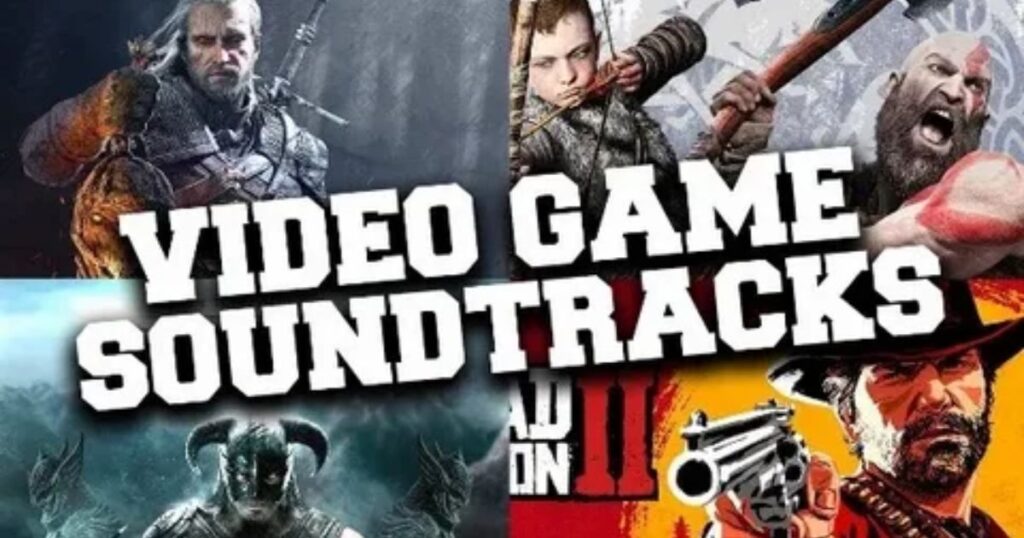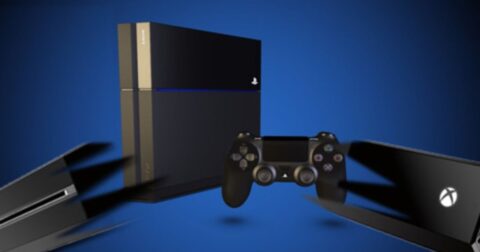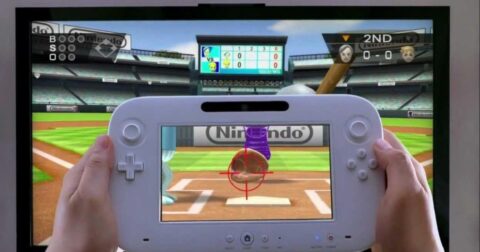Think back to the first time you played Super Mario Bros., The Legend of Zelda, or even Halo. You can still hum those iconic tunes today without even touching the controller. Game soundtracks once had an almost magical ability to stick with us. They were catchy, emotional, and instantly recognizable.Fast forward to the present, and things feel different. While modern games boast breathtaking visuals, immersive worlds, and movie-like storytelling, their music often fades into thegames soundtracks suck these days Many players complain that today’s soundtracks are “forgettable,” lacking the unique themes and melodies that defined earlier eras.
So, what changed? Did soundtracks actually get worse, or are we just blinded by nostalgia? In this blog, we’ll explore the golden age of game music, why today’s tracks don’t seem to hit the same, and which titles are still carrying the torch for unforgettable sound design.
The Golden Era of Game Soundtracks
Before gaming became the cinematic powerhouse it is today, game music ost suck these days had to do more with far less. During the 8-bit and 16-bit eras, hardware limitations meant composers only had a handful of channels and simple tones to work with. Yet out of those restrictions came some of the most iconic and memorable melodies in gaming history. It shaped the entire gaming experience. Koji Kondo’s compositions weren’t just background tunes; they were part of the game’s identity. Hearing the Mario Overworld Theme instantly brings back memories of running through pixelated landscapes, while the Zelda Overworld Theme still sparks a sense of adventure decades later.
As technology advanced, the 16-bit era added more complexity and depth. Titles like Final Fantasy VI showcased Nobuo Uematsu’s genius, with soundtracks that felt as emotionally powerful as movie scores. By the early 2000s, games like Halo: Combat Evolved raised the bar even higher. It’s haunting Gregorian chants and orchestral elements created a sense of epic scale that matched the gameplay perfectly.What made these soundtracks special was their simplicity, memorability, and emotional punch. They didn’t just blend into the background; they demanded attention and became inseparable from the gaming experience. This era proved that music could elevate games into something timeless.
What’s Changed in Modern Gaming Soundtracks?
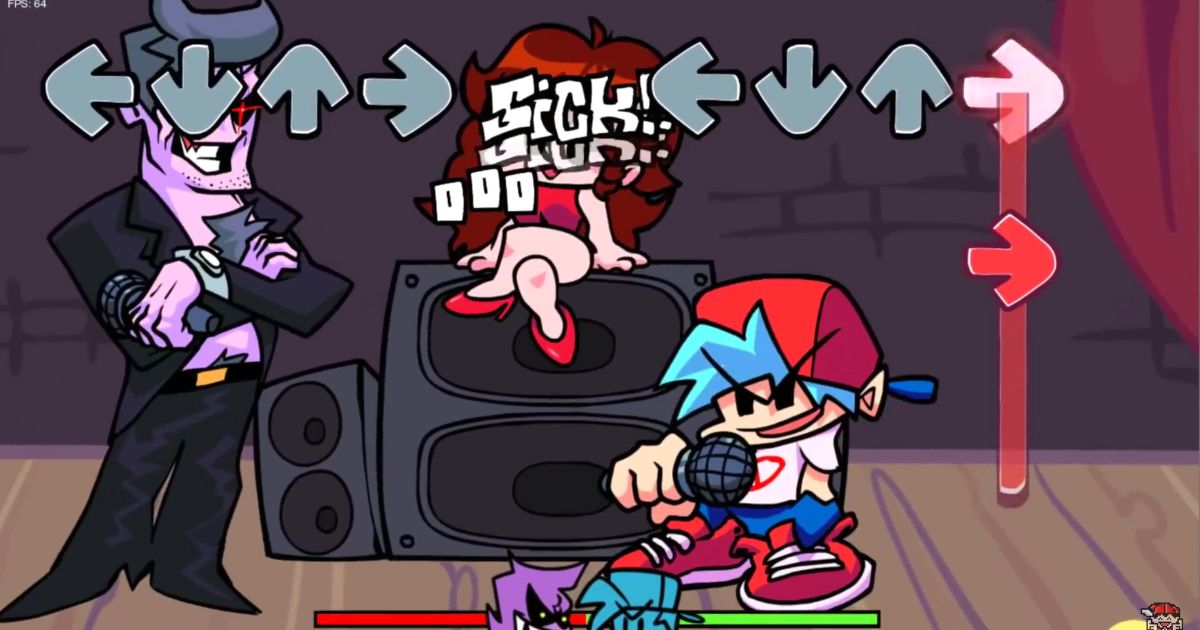
As gaming evolved into a billion-dollar industry, its soundtracks naturally shifted too. Today’s music is richer, more complex, and often indistinguishable from Hollywood film scores. But with all that technical progress, something crucial feels lost: the unique, catchy identity that made older tracks unforgettable.One of the most significant changes is the move toward cinematic design. Modern games like The Last of Us, Red Dead Redemption 2, or Assassin’s Creed use sweeping orchestral scores and ambient soundscapes. While these perfectly match the atmosphere and storytelling, they’re not necessarily melodies you’ll hum after shutting off the console. Instead of standing out, the music often blends seamlessly into the background.
Another shift comes from the focus on immersion over memorability. Developers today want music to enhance realism, not distract from it. For example, in open-world adventures, soundtracks adapt dynamically to player movement, creating fluid transitions instead of looping themes. It’s technically impressive, but it rarely leaves players with a tune stuck in their head the way Tetris or Pokémon once did.There’s also the issue of risk-avoidance in big-budget gaming. With massive development costs, many studios play it safe, relying on tried-and-true orchestral tones instead of experimenting with bold, quirky melodies. Exploring the Best Reviews on Letterboxd Video Games This “sameness” is why so many AAA soundtracks feel interchangeable.In short, modern soundtracks excel in production quality and immersion but often lack the distinctiveness of older eras. They set the mood brilliantly while you’re playing, yet vanish from memory once you put the controller down.
Why Many Gamers Say “They Suck Now”
When gamers complain that modern soundtracks “suck,” they’re usually not criticizing technical quality. In fact, today’s music is often more polished than ever. The frustration comes from the feeling that modern game music lacks soul, identity, and memorability compared to classics from the past.
Generic and Forgettable
Many AAA titles rely on similar orchestral or ambient tones. While they sound professional, they don’t stand out. Ask most players to hum a track from Call of Duty or Assassin’s Creed. Chances are, they can’t. Compare that with Tetris or Sonic the Hedgehog, where a few notes instantly trigger recognition.
Background Over Spotlight
Older soundtracks demanded attention. Today, music is often designed to stay in the video game music soundtracks suck these days, serving atmosphere rather than identity. Developers prioritize immersion, but the cost is that the music rarely creates lasting emotional impact once the console is off.
. Safe Choices Over Creativity
Classic composers experimented fearlessly with quirky rhythms, electronic beats, and bold melodies. Now, risk-averse studios lean on safe, cinematic scores to appeal to broad audiences. This has led to a “sameness“ across many big-budget titles.
Gameplay Overshadowing Music
Modern games pour resources into photorealistic graphics, complex gameplay systems, Homepage and massive open worlds. Music, once a centerpiece of design, often feels secondary. The result? Players walk away remembering visuals and story beats, but not the soundtrack.
Short Attention Spans & Streaming Culture
Another subtle factor is how players consume games today. With fast-paced releases, online multiplayer focus, and Twitch/YouTube streaming, the soundtrack is often treated as background noise rather than a highlight. That cultural shift makes it harder for modern tracks to achieve legendary status.
In short, video game ost say soundtracks “suck now“ not because they’re poorly made, but because they lack the distinct personality and boldness that defined earlier generations.
The Role of Nostalgia vs. Reality
A big question in this debate is whether old games soundtracks suck these days were truly better or if our love for them is fueled by nostalgia. After all, the music you grew up with is bound to carry more emotional weight.
Nostalgia’s Influence
When players think of classics like Pokémon Red/Blue, Street Fighter II, or Final Fantasy VII, they’re not just remembering the music; they’re remembering the late nights, childhood friendships, and magical first experiences with gaming. The music acts like a time machine, instantly transporting us back to those moments. That’s powerful, but it also blurs objectivity.
The Timeless Factor
At the same time, nostalgia alone doesn’t explain everything. Many retro tracks still hold up because they were crafted with strong, catchy melodies that transcended technical limitations. The Super Mario Bros. theme, for example, is recognized globally even by people who have never touched the game. That staying power can’t be chalked up to memory alone.
Modern Reality Check
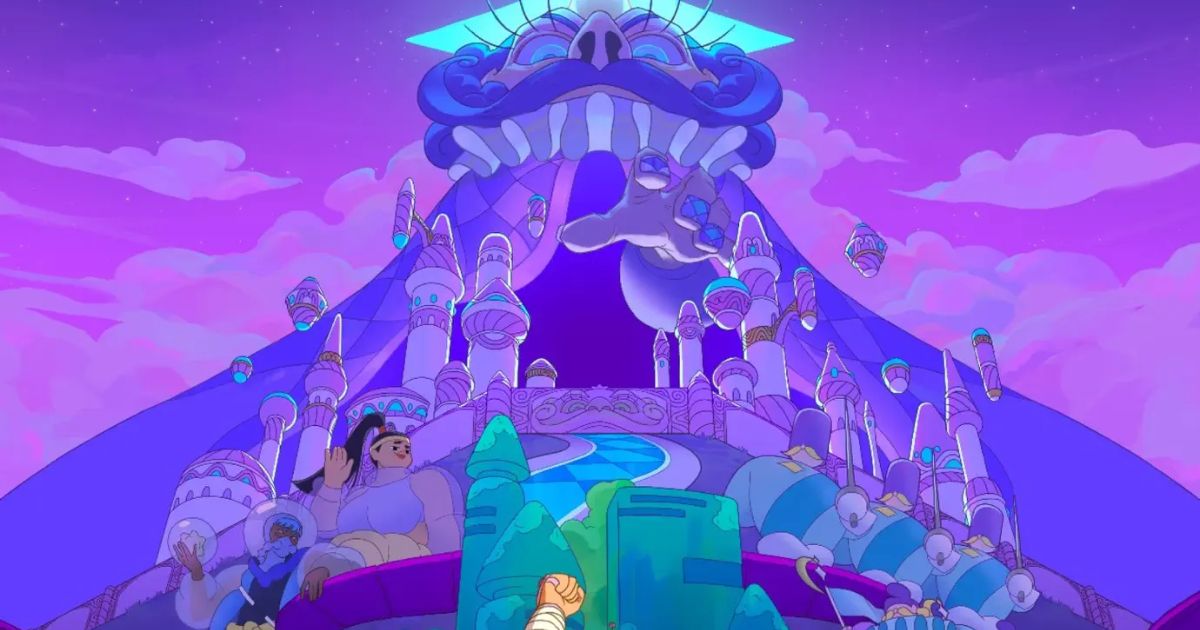
On the flip side, modern soundtracks are often more technically sophisticated than their retro counterparts. They feature live orchestras, adaptive layers that change with gameplay, and production values on par with blockbuster films. The issue is that technical brilliance doesn’t always equal memorability. Today’s tracks often focus on realism and mood, which makes them impressive in the moment but less likely to stick with players long-term.
In truth, nostalgia plays a huge role in why we think older soundtracks were better, but there’s also an undeniable shift in design philosophy. Classic tracks are aimed to be bold, simple, and unforgettable, while modern ones strive for immersion and subtlety. The result? Older music feels timeless, while newer scores risk being forgettable.
Exceptions That Still Deliver
While many gamers argue that modern soundtracks have lost their magic, not all titles fall into that trap. Some developers and composers still treat music as a core part of the gaming experience, delivering soundtracks that are just as bold, memorable, and emotionally moving as the classics.
AAA Standouts
- NieR: Automata – Keiichi Okabe’s haunting score blends orchestral, electronic, How to Use Letterboxd for Video Games: A Complete Guide and vocal tracks to create a soundtrack that players describe as unforgettable. Songs like “Weight of the World“ are deeply emotional and linger long after the credits roll.
- Doom (2016 & Eternal) – Mick Gordon’s heavy metal compositions redefined what a modern FPS soundtrack could be. The adrenaline-fueled riffs don’t just accompany gameplay; they drive it.
- The Witcher 3: Wild Hunt – From Slavic folk-inspired battle chants to sweeping orchestral pieces, the music gives the world of Geralt texture and soul.
Indie Brilliance
Indie developers, often less constrained by commercial “safe choices,“ have become pioneers in creative game music:
- Celeste – Lena Raine’s soundtrack blends retro-inspired chiptune with modern electronic atmospheres, perfectly balancing tension and emotion.
- Hades – Darren Korb’s score mixes rock, electronic, and orchestral sounds, adapting dynamically as players progress through battles with the gods.
- Undertale – Toby Fox created one of the most iconic indie soundtracks of the decade, with tracks like “Megalovania“ achieving cult status.
The Lesson These Games Teach
The success of these soundtracks proves that players still crave distinctive, emotional, and innovative music. When developers take risks and let the soundtrack become part of the game’s identity, it creates the same magic we remember from the golden era.
In short, while many AAA titles lean toward forgettable cinematic scores, these exceptions remind us that game music can still be bold, memorable, and powerful when given the attention it deserves.
The Future of Game Music
If the past taught us the power of melody, and the present emphasizes cinematic immersion, the future of game music might strike a balance between the two. With technology and creativity advancing rapidly, composers and developers have exciting opportunities to redefine how players experience soundtracks.
Dynamic & Adaptive Soundtracks
Modern engines already allow for music that shifts in real time based on gameplay. Imagine entering a tense boss fight, and the soundtrack seamlessly evolves from a calm ambient track to a complete orchestral battle theme, all without breaking immersion. Top 10 Best Gamecube Games of All Time That Defined a Generation Games like Hades and Halo Infinite are already experimenting with adaptive layers, and this trend will likely grow.
AI-Driven Music Creation
Artificial intelligence is beginning to influence music composition. In the future, AI could generate infinite variations of a soundtrack, personalized to each player’s journey. While this raises questions about creativity and authenticity, it could offer new levels of immersion where no two players hear the exact same score.
Indie Innovation Leading the Way
Indie games soundtracks suck these days have shown that bold, experimental music still resonates with players. As smaller studios continue to push boundaries, we may see soundtracks that blend retro-style hooks with modern production, recapturing the magic of the golden era while exploring new sounds.
Live Concerts & Community Demand
The rise of video game music concerts, from Final Fantasy to The Legend of Zelda, proves that fans crave games soundtracks suck these days with personality and emotional depth. Developers may design music not just for gameplay but also to be performed and remembered outside the game.
Striking the Balance
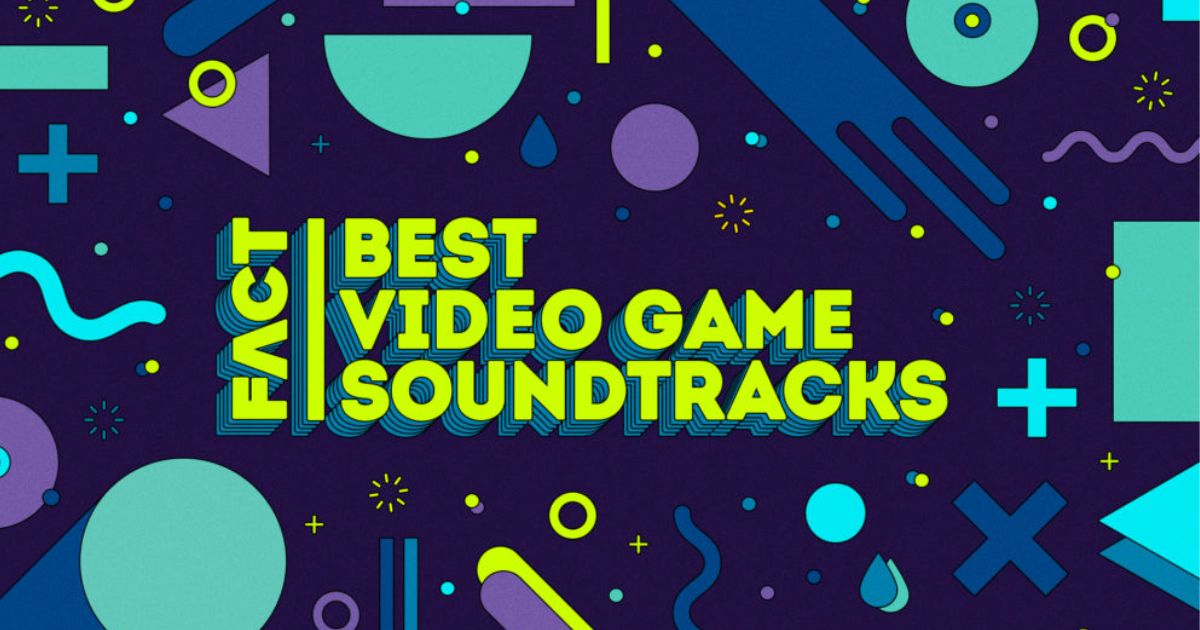
In the future, the difficulty will be determining the ideal balance between cinematic immersion and memorable identity. Players want music that heightens emotion in the moment and sticks with them for years to come. The future could see a return to bold melodies, Top 10 Best Switch Indie Games You Need to Play Now but this time, enhanced by cutting-edge technology.
In short, the next evolution of game music may not abandon cinematic depth but rather fuse it with the memorable hooks of the past. If developers embrace both, we may be entering a new golden era of soundtracks.
Conclusion
Games soundtracks suck these days have come a long way from the simple, catchy chiptunes of the 8-bit era to today’s sprawling cinematic scores. While modern soundtracks are technically more advanced than ever, many gamers feel they’ve lost the spark that once made them unforgettable. The older generations thrived on bold melodies and distinct themes that became cultural touchstones, while newer ones often fade into the background in the service of immersion.
That doesn’t mean all hope is lost. Titles like NieR: Automata, Doom, Hades, and Celeste prove that memorable, innovative music still has a place in gaming. The future of game soundtracks may lie in striking the perfect balance, combining the immersive, adaptive qualities of modern scores with the emotional punch and memorability of the classics.At the end of the day, music is what makes a great game linger in our hearts long after the credits roll. Graphics may impress us, and gameplay may hook us, but it’s often the soundtrack that becomes the soul of the experience. If developers embrace both technology and creativity, the next golden era of game music may be closer than we think.
FAQ
Why were old video game soundtracks more memorable?
Old soundtracks used simple, bold melodies due to hardware limits. Composers focused on creating catchy, looping tunes that defined the game’s identity and stuck in players’ minds for decades.
Are modern game soundtracks really worse, or just different?
Modern soundtracks aren’t worse; they’re often more complex and cinematic. However, they prioritize atmosphere and immersion over memorable hooks, making them less likely to linger in players’ memories compared to classic tunes.
Which recent games still have amazing soundtracks?
Games like NieR: Automata, Hades, Doom (2016 & Eternal), Celeste, The Witcher 3, and Undertale feature memorable, emotional, and distinct modern music, proving great game music still exists today.
How does music affect gameplay immersion?
Music enhances emotional engagement, sets the mood, and signals gameplay changes. Well-designed soundtracks evoke tension, excitement, or calm, creating a deeper connection to the game world and its story.
Can game soundtracks stand alone as music?
Absolutely. Many game soundtracks are composed like full albums, with tracks that are enjoyable even outside gameplay. Iconic examples include Final Fantasy, Halo, and Undertale, which have been performed in concerts and streamed independently.
What’s the future of video game music?
The future lies in adaptive, dynamic, and AI-assisted soundtracks that respond to gameplay, combined with creative, memorable compositions. Indie innovation and community-driven music could bring back bold, unforgettable themes for a new generation.


